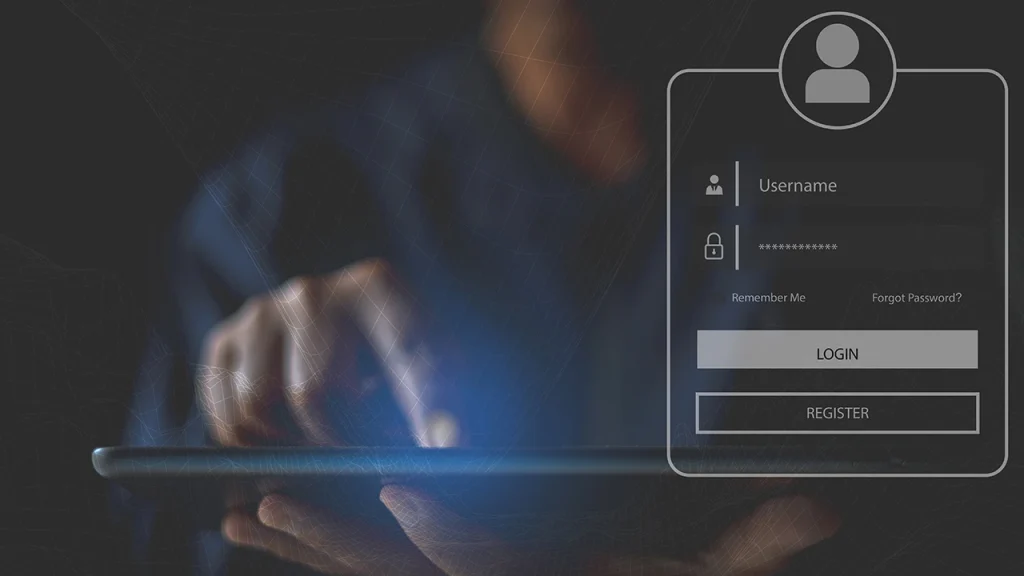If you are new to the share market or want to do part-time trading, then you must fulfil the basic requirement, which is to open a Demat account. A Demat account is a dematerialised account that helps you to fulfill trades and hold your financial instrument in safe and remote storage. This storage or Demat account can be accessed only by you through your vital credentials.
When you buy or sell shares through a stockbroker, the shares are stored online in your Demat account, and the settlement of your selling shares takes place in T + 2 days, which means two trading days after you buy or sell your shares. If you wish to buy or sell shares on Wednesday, provided there is no holiday in between, your trade will be settled in the Friday session. A Demat account lets you trade at an instant speed without any hassle. You can open a Demat account easily through Share India, which has deep expertise in the stock markets and a legacy of more than 28 years.
To make online trading available for all walks of life, a Demat account is a clear way to make you enter into online trading without any huge investment or expenses, unlike the olden times, when investing in the stock market was expensive and exposed to a lot of scams and frauds. There was no proper regulatory or audit regarding the stock trading platforms.
Now, you can open different types of Demat accounts depending upon the purpose of trading. In India, you have four Demat accounts: regular Demat accounts, Basic Service Demat Accounts (BSDAs), repatriable Demat accounts, and non-repatriable Demat accounts. In this section, we will learn what BSDA stands for and who can use it for trade.
Table of Contents
What is BSDA? Why is it important?
BSDA is a type of Demat account that targets small investors who don’t invest a huge amount. A new investor can easily open a Basic Service Demat account.
The BSDA account holder can invest in stocks, bonds, Exchange Traded Funds (ETFs), mutual funds, etc. The BSDA can be opened and maintained at zero or the lowest cost possible.
The Securities and Exchange Board of India (SEBI) introduced the Basic Service Demat Account for traders who don’t use their accounts as they should and still end up paying high account maintenance fees and other charges. So, to help beginner investors, this Demat account was introduced in the stock market.
One catch here is that the BSDA should be your only Demat account across all the depositories.
The annual maintenance charges (AMC) for a BSDA is based on the value of your financial holdings.
Eligibility Criteria for BSDA
A Basic Service Demat Account has some limitations and criteria. Some of the eligibility criteria are as follows:
- You need to have a capital of less than ₹2 lakh, which includes the capital plus your profit in your Demat account. Suppose you have invested around ₹1.5 lakh and the profit goes to 60,000. Then, the total amount can be considered around ₹2.1 lakh, which will convert your BSDA account into a regular Demat account.
- You cannot open a joint account in the BSDA category.
- Any investor can open this Demat account in their sole capacity.
- You must be a first-time Demat account holder.
- The investor can keep only one BSDA.
How to Apply for the BSDA Status to Exit a Demat Account
If you have a generic or regular Demat account, you can convert it into a BSDA account.
All you need to do is get permission from the full-service Demat account firm by placing a request to convert your existing Demat account to a BSDA account. However, you must make sure that you do not operate anything other than a Demat account. Suppose you hold more than one Demat account, then your request for a BSDA account will be rejected, and your financial holdings in the Demat account must not exceed ₹2 lakh.
Charges Levied on BSDA
The Basic Service Demat Account offers traders several benefits, and the major ones are the low cost, no maintenance charge, and low charges.
| Value of holdings | Annual Charges for BSDA Demat |
| Less than ₹50k | Zero charges |
| More than ₹50k less than ₹2 lakh | INR 100 + GST per year |
| more than ₹2 lakh | Standard AMC as per your broker. |
Another thing to know is the physical cost. The two hard-copy statements are provided free of charge during the billing period. There are charges if you request additional Demat account statements. Charges for bounced cheques, rejection of Delivery Instruction Slip (DIS), rejection of Demat Request Form (DRF), transaction charges, and taxes are all applicable.
Conclusion
One of the best parts of the BSDA is that you do not have to worry about the annual maintenance of the Demat account. It is a suitable Demat account for the investor who is just starting their investment and wants to trade with small capital over a limited range of financial instruments. Rest assured that there will be short-term gains as well as long-term gains in your investment.

